Google announces several new AI-powered accessibility features
3 min. read
Published on
Read our disclosure page to find out how can you help MSPoweruser sustain the editorial team Read more
Key notes
- Lookout is Microsoft Seeing AI alternative from Google. It helps users with blindness and low vision use their phone’s camera to get information about the surroundings.
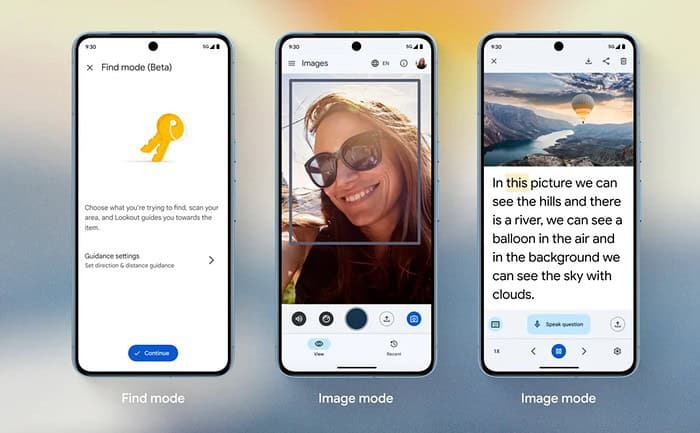
Today, on Global Accessibility Awareness Day, Google announced eight fresh accessibility resources are the result of working closely with people from disability communities and cover various platforms and products under Google’s umbrella.
AI-Powered Accessibility Revolutionizes Android
Google uses artificial intelligence to improve the Android experience for people with disabilities. A big update is combining Gemini and TalkBack, which brings in new AI-based tools for accessibility.
Lookout: Seeing the World Through AI
The Lookout application, made to help those who are blind or have poor eyesight, has added a new “Find mode.” Using this feature, users will be able to find specific objects from seven categories of items — like seating and tables or bathrooms. Users have to just move the camera around the room, Lookout app will notify them of the direction and distance to the item. Also, Lookout app now offers AI-generated image descriptions globally.
Look to Speak: Communication Reimagined
The new feature of Look to Speak which does not use text is very important for people who have thinking differences or problems with reading. People can choose emojis, symbols, and pictures using their eyes and this makes words that speak for them in a way they like.
Project Gameface was first made for playing games on computers, but now it is a hands-free cursor anyone can use because the code is shared on GitHub for Android developers. This new tool lets developers make apps where users change how their face looks and moves, along with how the cursor works, making digital places more welcoming for everyone.
Maps: Navigating Accessibility with Ease
Google Maps is making its accessibility options better by adding clear voice instructions and capabilities for screen readers with Lens on Android and iOS. Now, people who have trouble seeing can recognize close places of interest more simply and move around with certainty. Maps now offer information about accessibility for more than 50 million places around the world, which covers entrances and facilities that can be accessed by wheelchair.
Companies can now use the Auracast feature to make their places more accessible for people who have difficulty hearing. Auracast Broadcast Audio feature allows business venues to cast sound directly to Auracast-compatible Bluetooth hearing aids, earbuds, and headphones.
Project Relate and Sound Notifications: User-Driven Enhancements
The Android application named Project Relate specially made for people with unique speech patterns has added Custom Cards that let users bring in sentences from different applications to make communication more personal. Sound Notifications has also been redesigned for a more intuitive user experience.
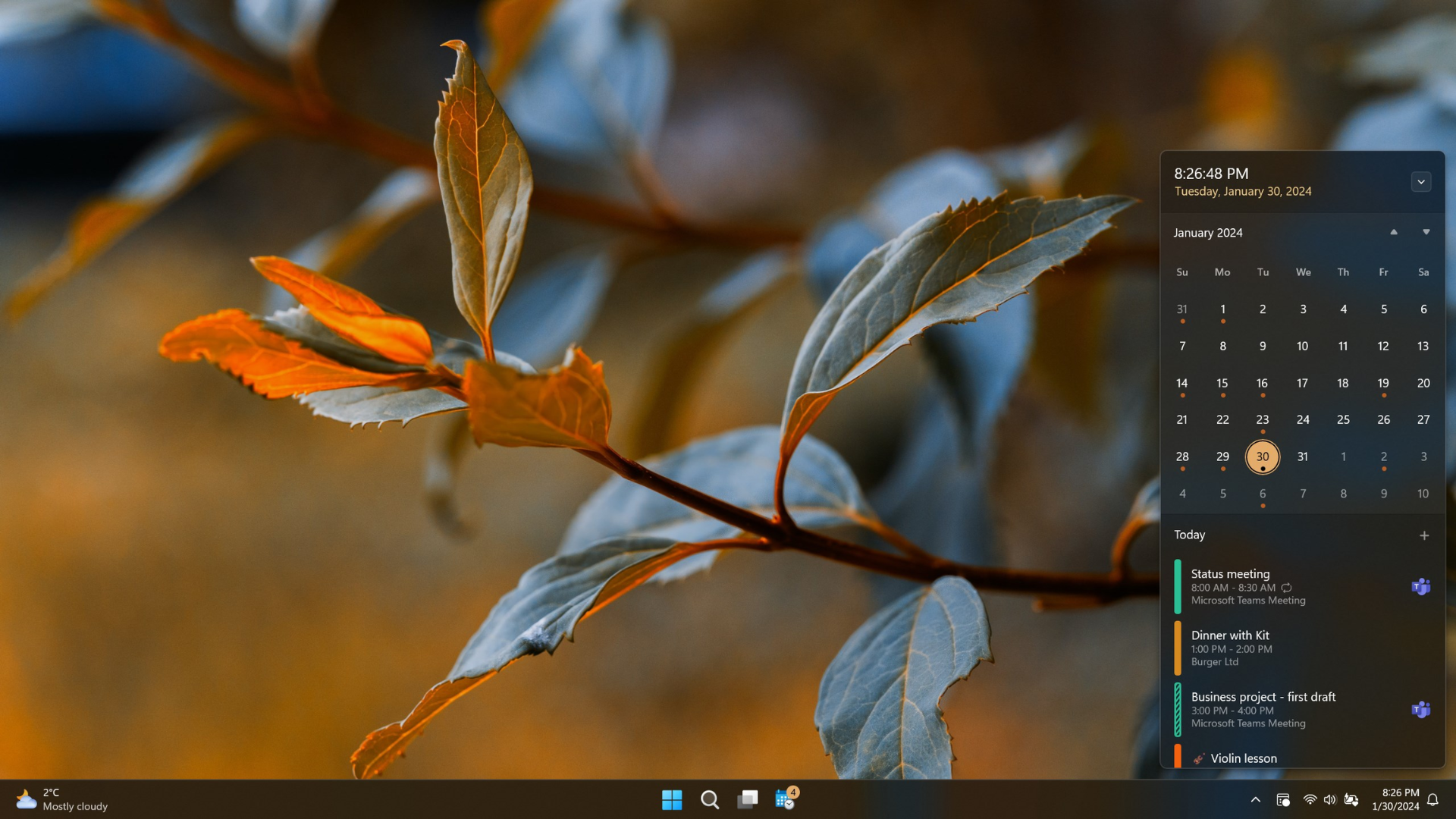
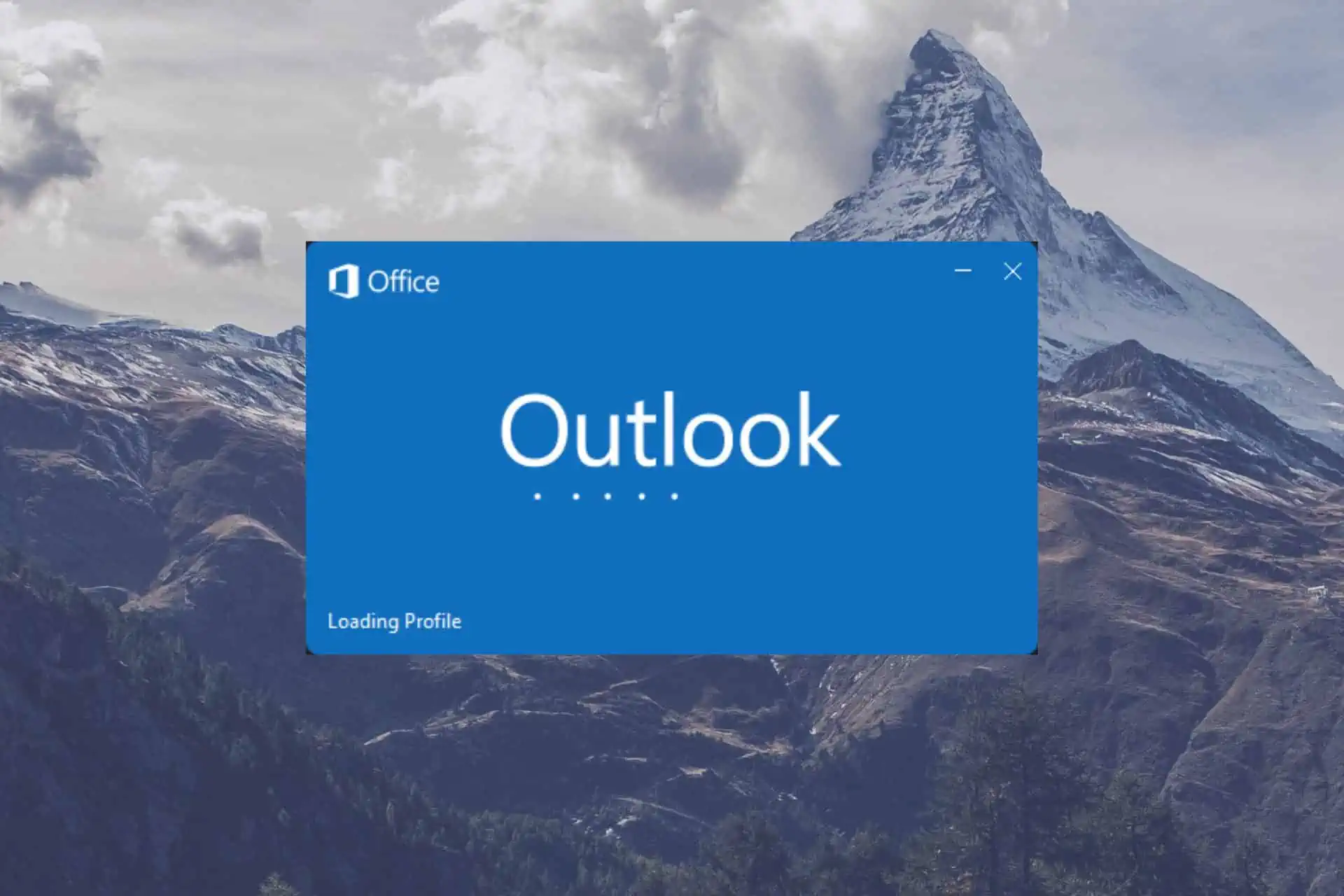
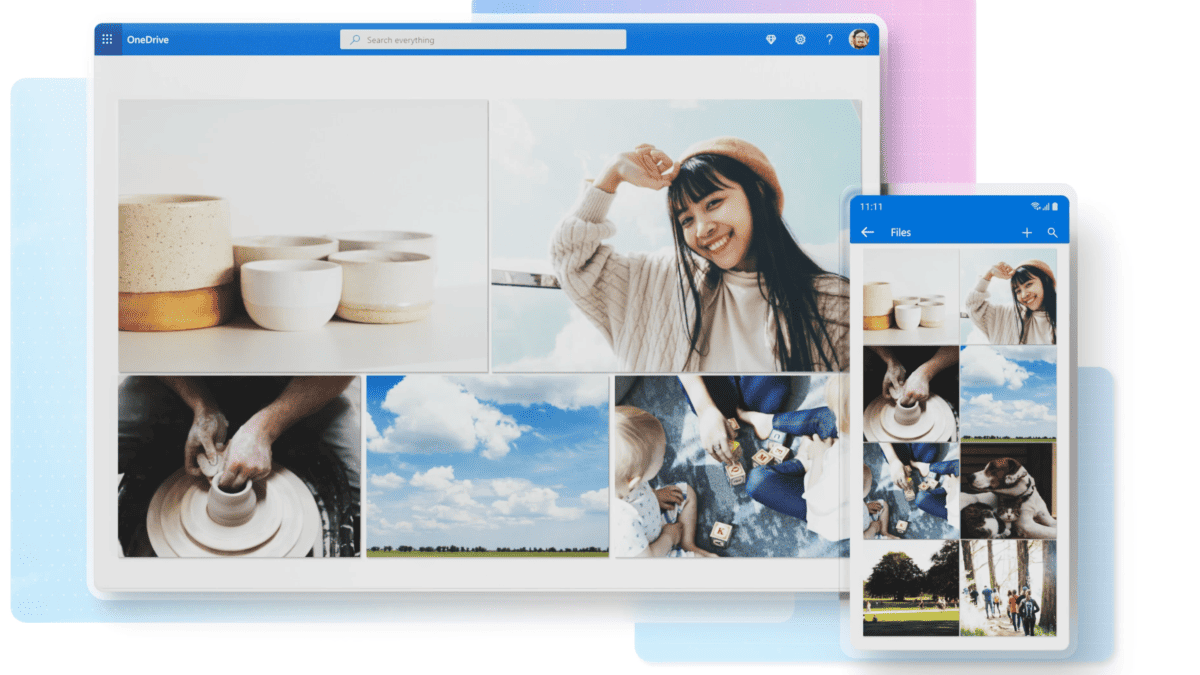
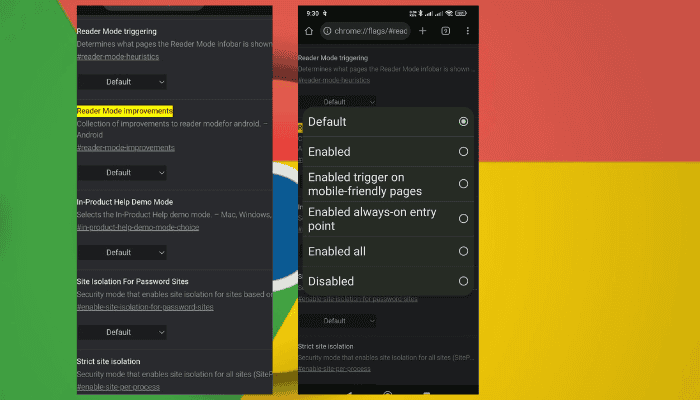

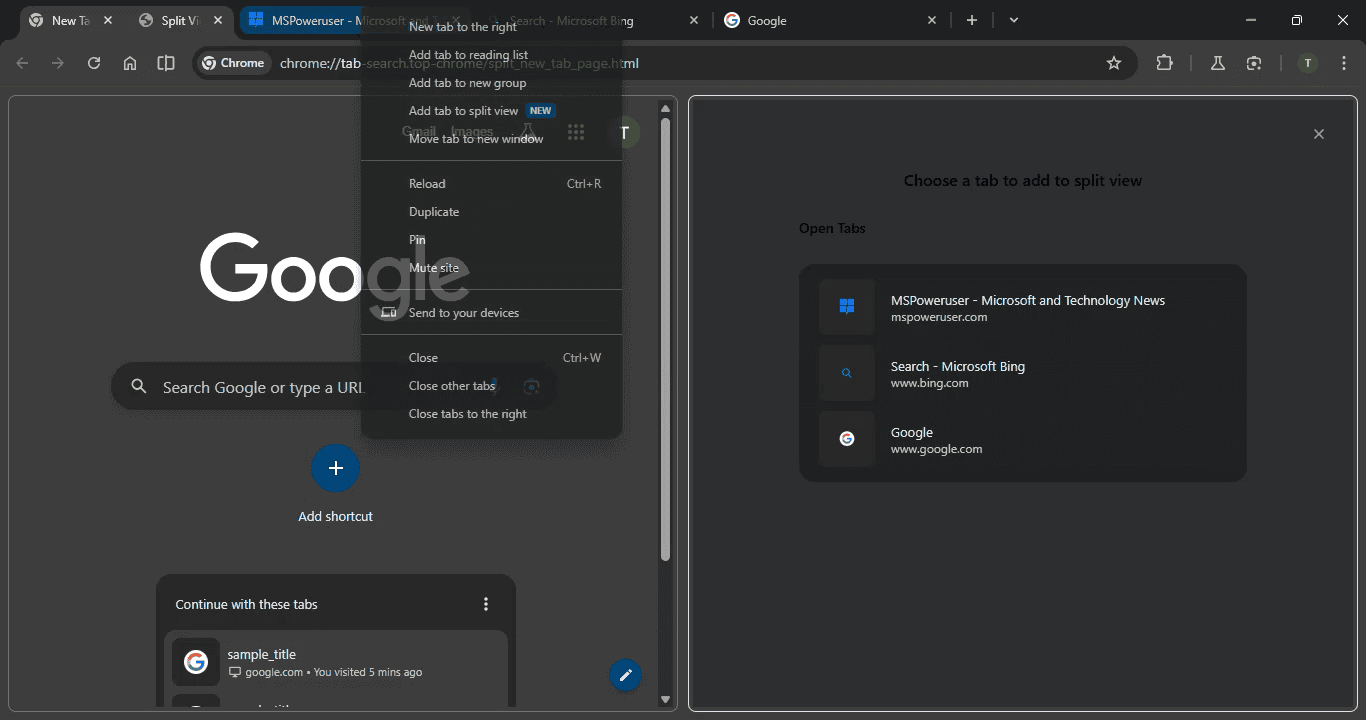
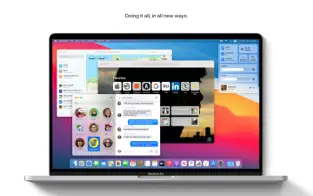
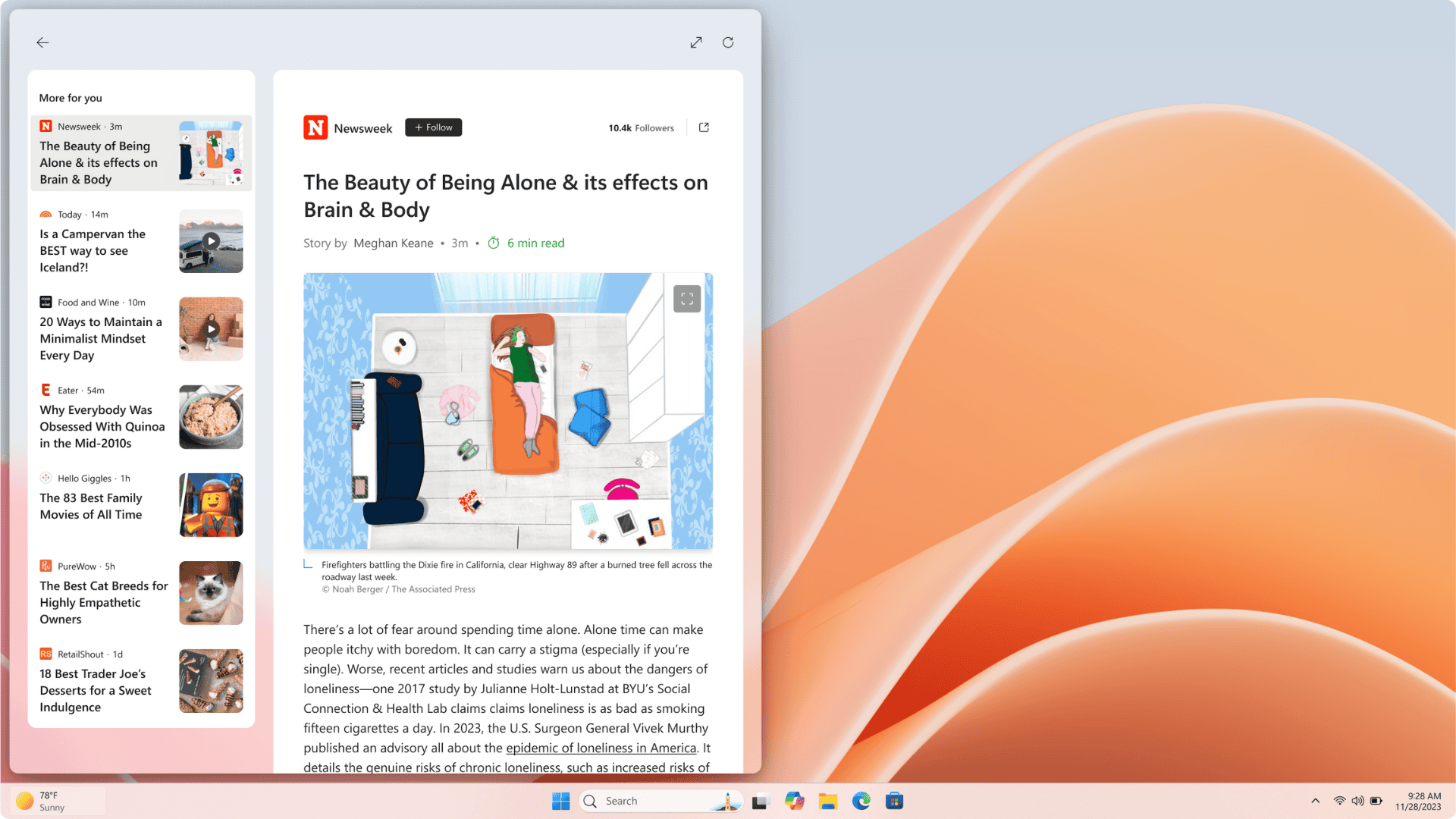
User forum
0 messages